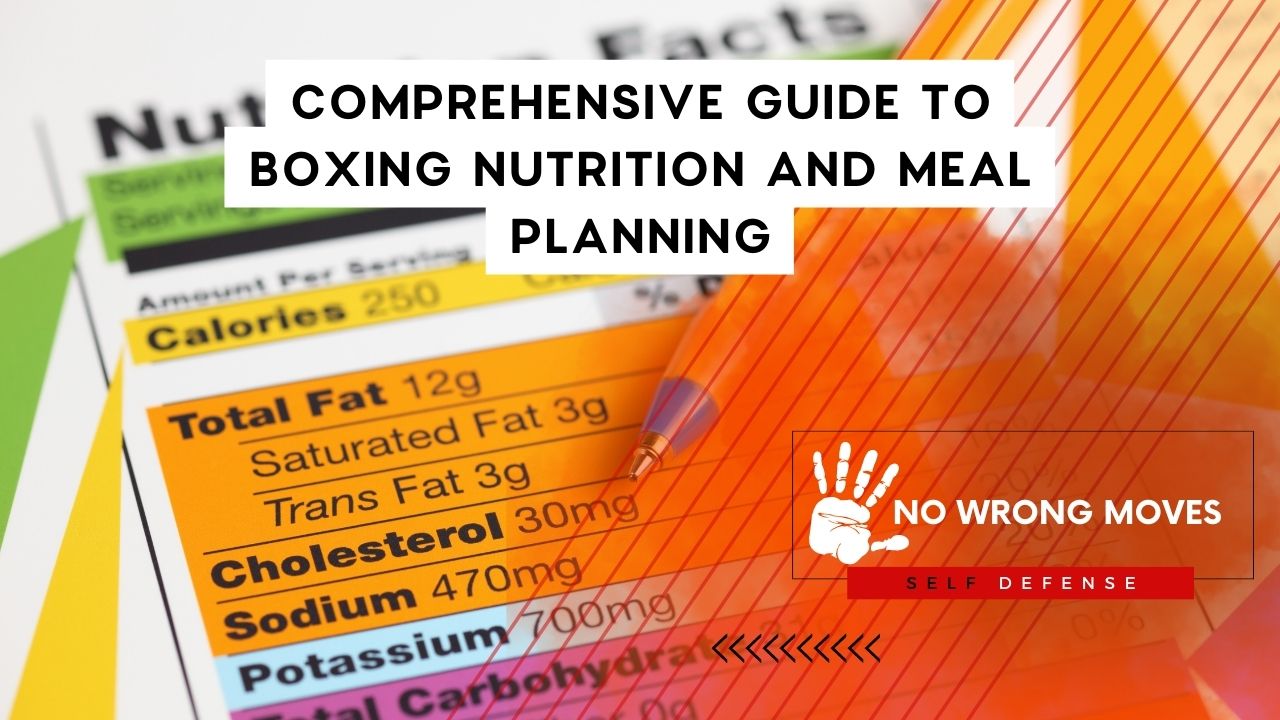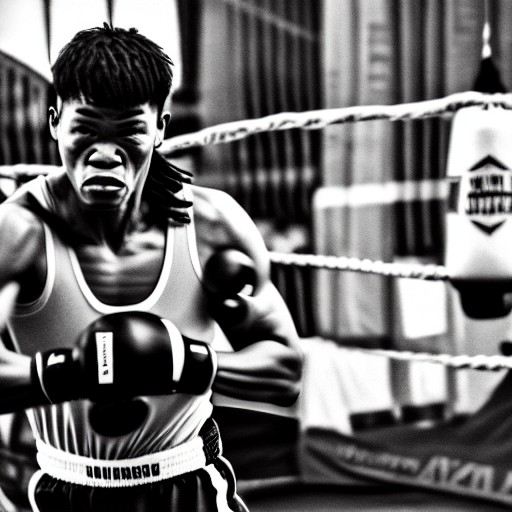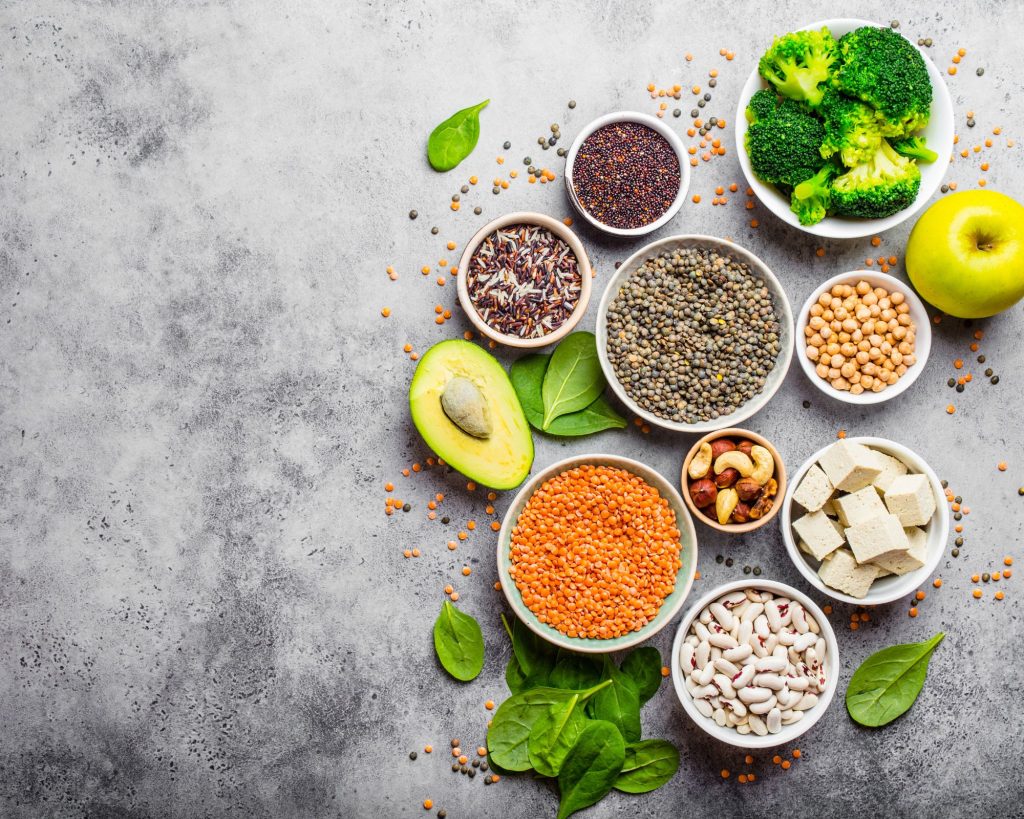
Boxing is a sport that requires strength, speed, and endurance, and proper nutrition is essential for achieving peak performance.
Whether you are a professional boxer or just starting, having a solid nutrition plan can make a significant difference in your training and overall health.
In this comprehensive guide, I will provide tips and advice on how to plan your meals and supplements to maximize your boxing performance.
I have always been fascinated by the art of boxing. Whether I'm watching a world championship bout or training at my local gym, I am constantly reminded of the physical and mental demands that come with the sport.
One aspect that often gets overlooked, but is crucial to a fighter's success, is nutrition. In this comprehensive guide, we will explore the ins and outs of boxing nutrition and meal planning.
From the types of foods to eat and when to eat them, to the importance of hydration and supplements, we will cover everything you need to know to fuel your body for optimal performance in the ring.
So let's lace up our gloves and get started on the path to a healthier, stronger, and more energized body!
Importance of Proper Meal Planning

Proper meal planning is crucial for boxers to maintain their weight and energy levels. As a boxer, you need to fuel your body with a balanced diet that includes the right amount of macronutrients (carbohydrates, proteins, and fats) and micronutrients (vitamins and minerals).
A balanced diet can help you increase your stamina, build lean muscle, and prevent injury. When planning your meals, make sure to include whole foods that are rich in nutrients, such as fruits, vegetables, lean proteins, and complex carbohydrates.
Macronutrients for Boxing Performance
Macronutrients are essential for maintaining energy levels during training and competitions. Carbohydrates are the primary source of energy for boxers, and they should make up about 60% of your diet.
Good sources of carbohydrates include sweet potatoes, whole grains, fruits, and vegetables. Proteins are essential for building and repairing muscles, and you should aim to consume about 20% of your diet from proteins such as chicken, turkey, fish, and beans.
Fats are also important for providing energy, and you should aim to consume about 20% of your diet from healthy fats such as avocados, nuts, and olive oil.
Micronutrients & Vitamin Supplements

Micronutrients are essential for maintaining overall health and wellness. Vitamins and minerals are crucial for maintaining strong bones, supporting the immune system, and preventing injury.
Boxers should aim to consume a variety of fruits and vegetables to get a wide range of micronutrients.
Likewise, dietary supplements can be beneficial for boxers, but they should not replace a healthy diet.
Vitamin D supplements can help maintain bone health, while B-vitamins can help convert food into energy.
Pre-Workout Meals & Snacks
Pre-workout meals and snacks are essential for providing the energy needed for a successful training session.
Aim to consume a small snack about 30 minutes to an hour before training, such as a piece of fruit or a protein shake.
If you have time for a full meal, aim to consume a meal that is high in carbohydrates and protein, such as oatmeal with nuts and berries or a turkey sandwich on whole grain bread.
Post-Workout Recovery Nutrition
Post-workout nutrition is crucial for recovery and muscle growth. Within 30 minutes of completing your training session, aim to consume a snack that is high in lean protein and complex carbohydrates, such as a protein shake with a banana or a turkey wrap with whole-grain bread.
Weight Management for Boxers

Weight management plays a vital role in a boxer's success, as it directly impacts their performance and overall well-being.
Striking the right balance between nutrition and exercise is essential in helping boxers stay within their optimal weight range while maintaining strength, speed, and endurance.
A Gradual Approach to Weight Loss
If shedding a few pounds is on your agenda, it's crucial to adopt a gradual approach, as sudden weight loss can negatively affect your performance and health.
Steer clear of crash diets or radical weight loss methods. They might be enticing at first, but they can result in the loss of lean muscle mass and increase your risk of injury.
Instead, focus on reducing your calorie intake moderately while upping your exercise regimen. Aim to lose no more than 1-2 pounds per week, as this rate allows you to maintain muscle mass and ensures long-term weight management success.
Balanced Nutrition for Boxers
A well-rounded diet is a cornerstone of weight management and peak performance for boxers. Your nutritional plan should include a balance of carbohydrates, proteins, and fats to fuel your training and recovery. Here's what you need to know about each macronutrient:
- Carbohydrates: They are your body's primary energy source, especially during high-intensity workouts. Incorporate whole grains, fruits, and vegetables into your diet to provide a steady flow of energy and essential nutrients.
- Proteins: These are crucial for muscle growth, repair, and recovery. Aim to consume lean protein sources such as chicken, turkey, fish, legumes, and low-fat dairy products.
- Fats: Healthy fats, like those found in avocados, nuts, seeds, and olive oil, are essential for hormone production and overall health. Consume them in moderation to support your energy needs without hindering weight management.
Timing Your Meals and Snacks
To optimize your energy levels and recovery, be mindful of your meal and snack timing. Consume a balanced meal 2-3 hours before training to ensure you have adequate fuel for your workout.
Post-workout, refuel with a combination of carbohydrates and protein within 30-60 minutes to promote muscle repair and replenishment.
Hydration and Electrolytes
Staying hydrated is a key component of weight management and peak performance. Dehydration can lead to reduced strength, endurance, and mental focus.
Aim to drink at least 8 cups (64 oz) of water daily, and consider consuming electrolyte-rich beverages during and after intense workouts to replenish lost fluids and minerals.
Monitoring Your Progress
Regularly track your progress by weighing yourself, measuring your body composition, and assessing your athletic performance. Adjust your nutrition and exercise plan as needed to ensure you're moving in the right direction.
Consulting with a sports nutritionist or registered dietitian can provide valuable insights and personalized recommendations for your weight management journey.
Sample Meal Plan for Boxers

This meal plan is designed to provide the right balance of macronutrients and energy to fuel a boxer's rigorous training regimen. Adjust portion sizes according to your personal needs and preferences.
Breakfast
- Protein Smoothie
- 1 scoop of whey protein
- 1 cup of almond milk
- 1/2 cup of frozen berries
- 1 tbsp of natural peanut butter
- 1 tbsp of chia seeds
- A handful of spinach
- Ice as needed
Mid-Morning Snack
- Greek Yogurt Parfait
- 1 cup of plain Greek yogurt
- 1/4 cup of granola
- 1 tbsp of honey
- 1/2 cup of mixed fresh fruit
Lunch
- Grilled Chicken Salad
- 6 oz of grilled chicken breast
- 2 cups of mixed greens
- 1/4 cup of cherry tomatoes
- 1/4 cup of cucumber
- 1/4 cup of bell pepper
- 2 tbsp of feta cheese
- 2 tbsp of balsamic vinaigrette
Afternoon Snack
- Hummus and Veggie Sticks
- 1/4 cup of hummus
- 1 cup of raw vegetables (carrots, celery, cucumber)
Dinner
- Salmon with Quinoa and Steamed Vegetables
- 6 oz of grilled or baked salmon
- 1 cup of cooked quinoa
- 1 cup of steamed mixed vegetables (broccoli, cauliflower, carrots)
- 1 tsp of olive oil and lemon juice for dressing
Evening Snack
- Almonds and Dark Chocolate
- 1 oz of almonds
- 1 oz of dark chocolate (70% or higher)
Remember to hydrate throughout the day, drinking at least 8 cups (64 oz) of water. Adjust your meal plan according to your training schedule, body weight, and personal preferences. Consult with a sports nutritionist or registered dietitian for personalized advice on your nutritional needs.
The Wrap-Up

To sum things up, proper nutrition is essential for boxers to achieve peak performance. A balanced diet that includes the right amount of macronutrients and micronutrients can help you increase your stamina, build lean muscle, and prevent injury. Additionally, pre- and post-workout nutrition is crucial for energy and recovery. By following a solid nutrition plan and incorporating healthy habits into your lifestyle, you can become a stronger and better boxer.
[author-box-jpx-fitness]
